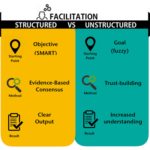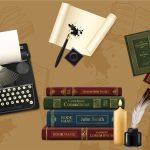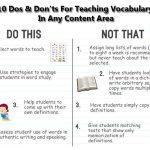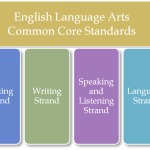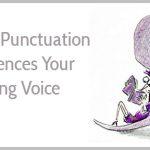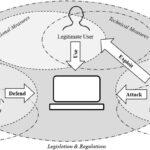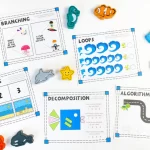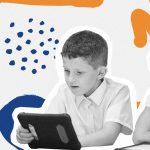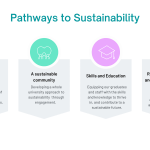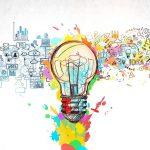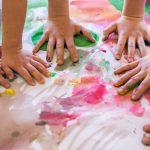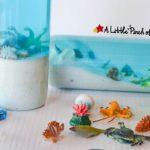From Newton to Einstein: The Evolution of Physics and Its Impact on Our World
Physics has undergone a remarkable evolution, from the fundamental discoveries of Sir Isaac Newton to the revolutionary theories of Albert Einstein. Along the way, these advancements have transformed our understanding of the physical world, leading to practical applications in medicine, technology, and astronomy. But the impact of physics goes beyond its practical uses. It has challenged our most fundamental assumptions about the universe and our place in it, inspiring generations of scientists and thinkers to explore new frontiers of knowledge. As we continue to push the boundaries of our understanding of the physical world, it’s important to remember the contributions of those who came before us and to appreciate the profound impact of their work on our world today.







